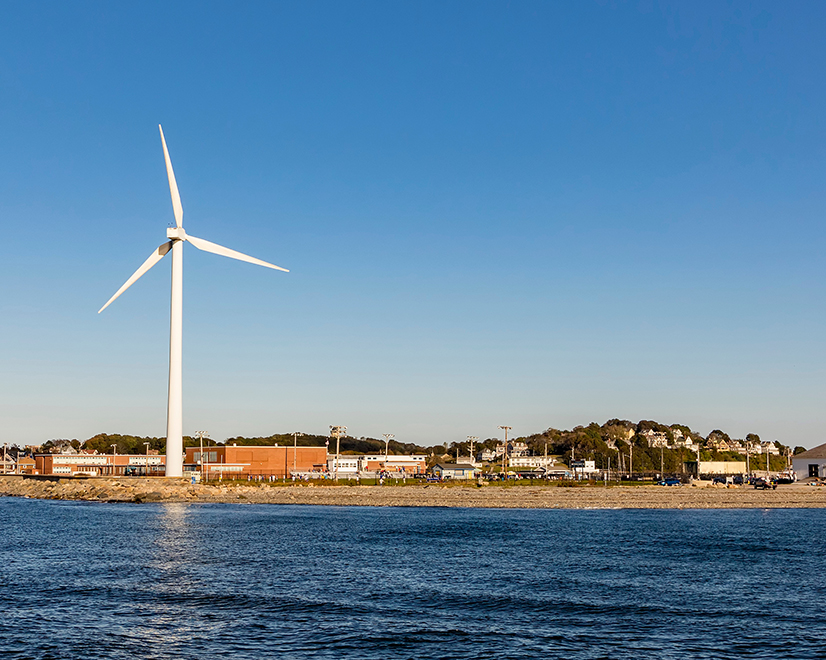
With the rush to green the grid and reduce emissions in Massachusetts, Yaima Braga with Green Energy Consumers Alliance (GECA) says it is important for individuals and communities to purchase renewable energy generated locally.
“It does matter the type and location of renewable energy credits (REC) that you buy,” Braga, who is renewable energy procurement director, said during a GECA webinar on Tuesday.
Renewable energy generated in Massachusetts can be purchased through the state’s Class I RECs, but some competitive suppliers in the state offer green electricity options from other parts of the country.
New England isn’t known for being uniquely windy, and it is not as sunny as the southwestern portion of the country, Braga said. Building renewable energy projects in the northeast is also costlier, so developers can’t make their money back just by selling electrons.
However, developers can make a profit from their projects by selling RECs, which motivates new developers to come to New England to build projects.
“Spending should really translate into new projects that displace fossil fuels and not subsidize projects that would have made money with or without your help,” Braga said.
Both individual consumers and communities can drive local REC purchasing.
The nonprofit GECA wants to see towns that buy electricity in bulk for its residents and businesses to establish contracts with suppliers for more than just a few years.
“The more demand that we can create for renewables ahead of what is actually being required by law, the faster we can push those resources and technologies,” Braga said.
Green community choice aggregation includes more Class I REC content than required by Massachusetts law, and it gives developers the confidence and financial backing to build renewable energy projects.
In the years following the U.S. withdrawal from the Paris Agreement, renewable energy purchases made by local governments were over three times those made in 2017, according to the World Resources Institute.
The Local Government Renewables Action Tracker, developed by the American Cities Climate Challenge, shows that by last year, 90% of the renewable energy capacity purchased by cities was through off-site power purchase agreements (PPA) from utility-scale projects.
GECA also helps residents of Massachusetts and Rhode Island purchase Class I RECs to match home energy usage with wind energy to support the industry in the northeast.
“Wind in New England needs a little bit more help,” Braga said. “A lot of states have invested a lot in their solar projects, and they have extra incentives, but wind really doesn’t have the support that it needs.”
Investing locally will help states reach their emission reduction goals faster without relying on policy to require offsite PPAs, she added.


